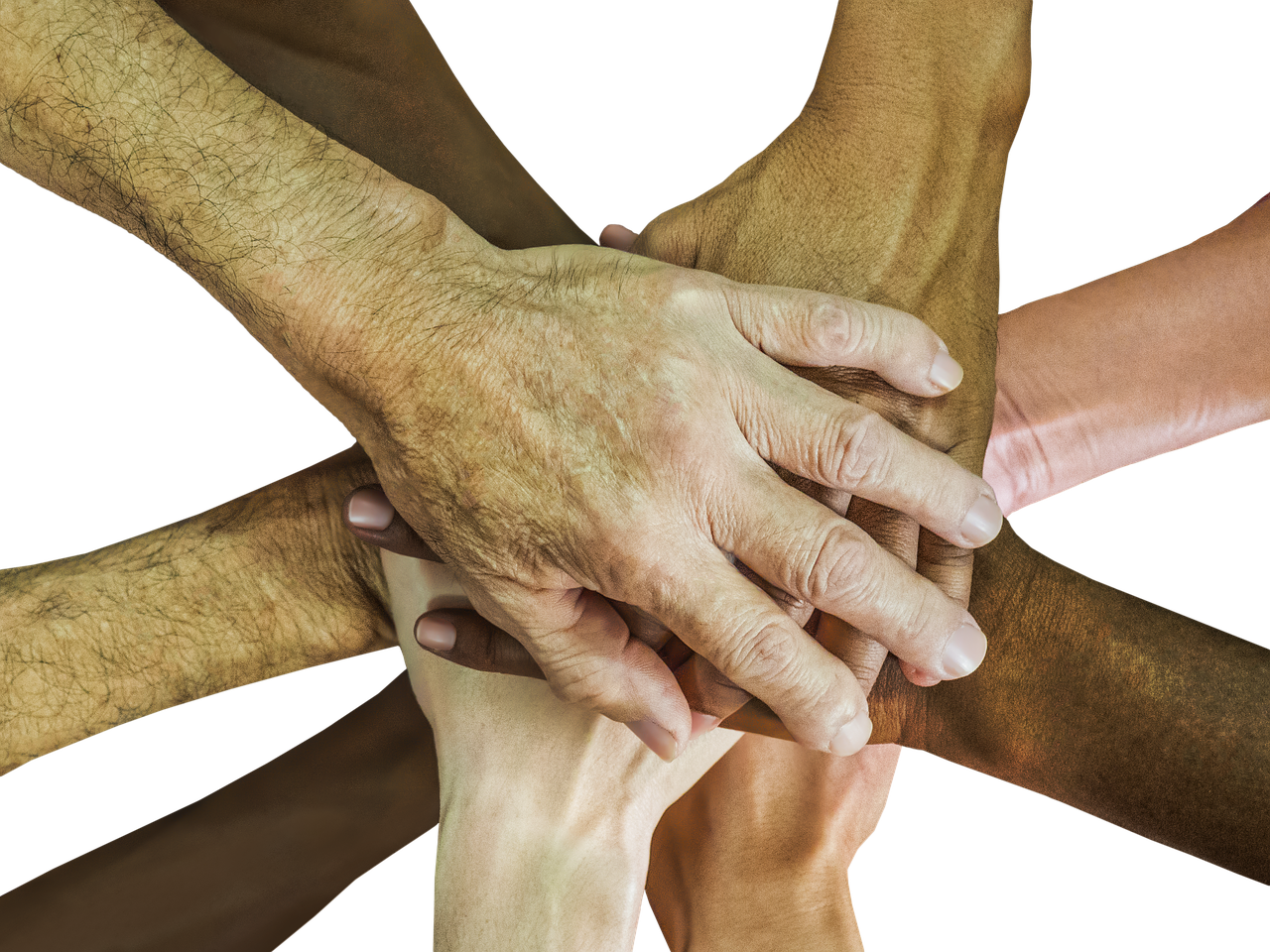row_1

Note: This is the second of a two-part series on COVID-19 survivors. Email comments or article ideas to thrive@auburn.edu.
It was a simple question that the COVID-19 survivor asked on Facebook.
"What would you do if you were me to lessen anxiety?" she wrote.
It didn't take long for the first of 64 responses on the COVID-19 support group to appear. From hot tea and Tai Chi to Netflix and prayer, the answers varied. Several people suggested that she talk to a physician. However, the answers all came from the same place of concern. After all, most if not all of the responders were also survivors.
While many COVID-19 survivors are fine mentally and physically once they recover from their illness, others may need some support. Dr. Julie Hill, an assistant professor in special education, rehabilitation and counseling at Auburn, says support groups have helped thousands of survivors improve their mental wellbeing.
"Support groups are vital for coping with any type of chronic illness," Hill stated in an email. "It is important to be able to connect with others who know what one is going through and help normalize the experience. Knowing that you are not alone is a huge aspect of coping. There can be a huge sense of relief in finding others who know what you are going through."
While Hill was not aware of a local support group, there are several available online. Two larger ones on Facebook are Survivor Corps and COVID-19 Support and Recovery. Hill also recommends a group from Body Politic.
Coping Techniques
Hill also shared a few additional coping techniques that may help some survivors:
-
Access a good therapist: Hill said it is especially important to find a therapist who uses cognitive behavioral therapy and can help with reframing negative thoughts.
-
Connect with others: Hill said that reaching out and connecting with others like friends and family members -- even if it's virtually -- can help decrease feelings of isolation and loneliness.
-
Have a good medical team that you trust: Hill said that those with long-haul issues may need different specialists to manage their symptoms and resulting chronic conditions.
How Supervisors Can Help Their Employees
Hill said that for COVID-19 survivors, especially "long-haul patients", returning to work may be a complicated matter. "Fatigue and chronic fatigue can make life feel unpredictable, and this may cause problems at work or make someone feel like they can't go back to work," Hill said. "Having a supervisor that is understanding and flexible is very important."
She encourages supervisors to direct their employees towards resources and the process of requesting any needed accommodations. Accommodations may include continuing to work remotely, offering a flexible schedule, the ability to take breaks as needed or an ergonomic office set-up for those experiencing joint or muscle pain.
Be Kind and Compassionate
The following tips are relevant to all employees:
-
Be extra kind to yourself. This is a hard time for everyone. Humans across the world are sharing this experience with you. We are all in this together and we may all emerge with a renewed appreciation for our interconnectedness.
-
Helping others in need is both critical to get through this well, and also creates more purpose to our days and well-being.
-
If you are physically well, there is another important way you can help: donate blood, plasma or platelets. Eligible and healthy donors are strongly urged to make an appointment to donate and help ensure that lifesaving blood products are available for patients.




